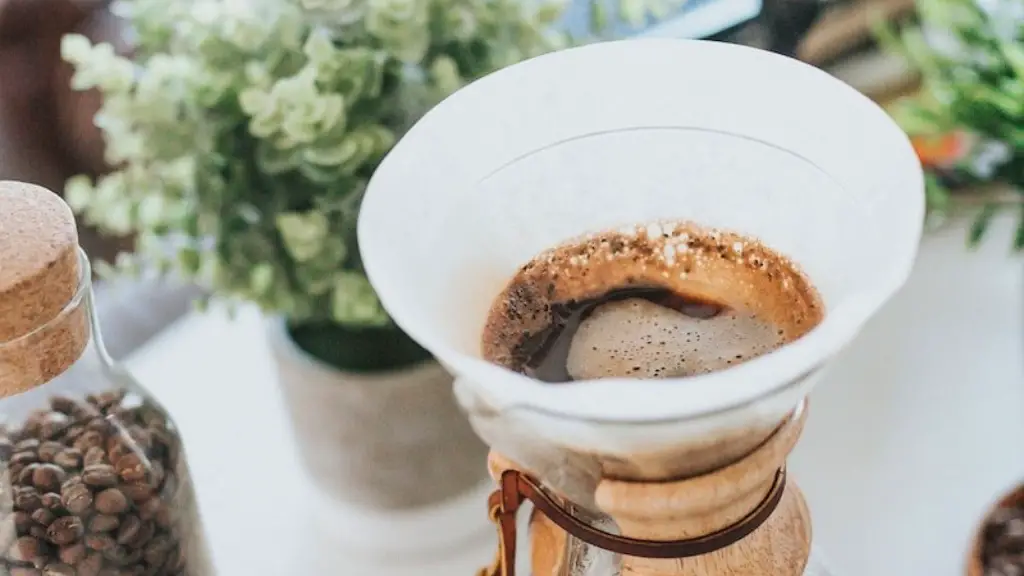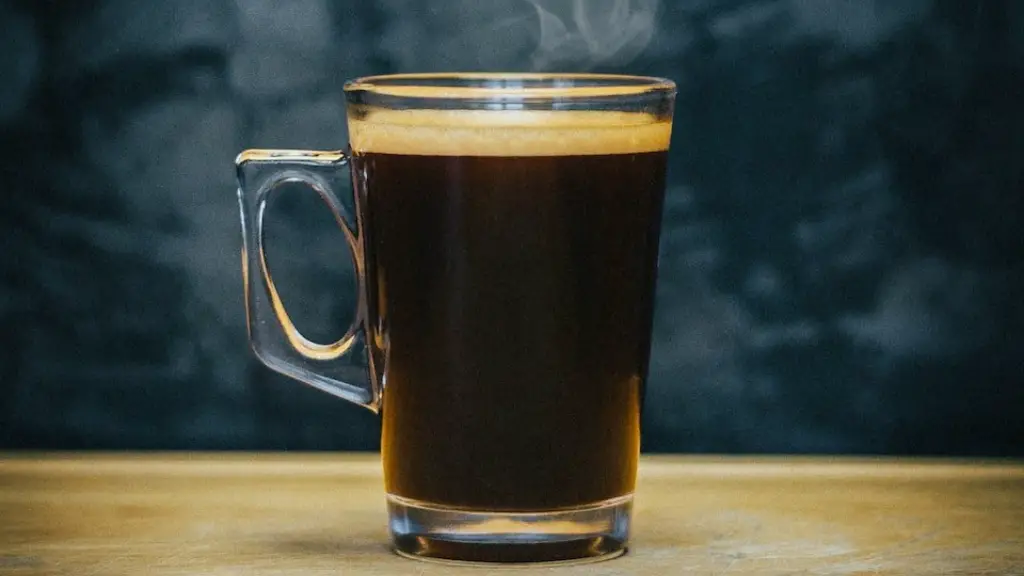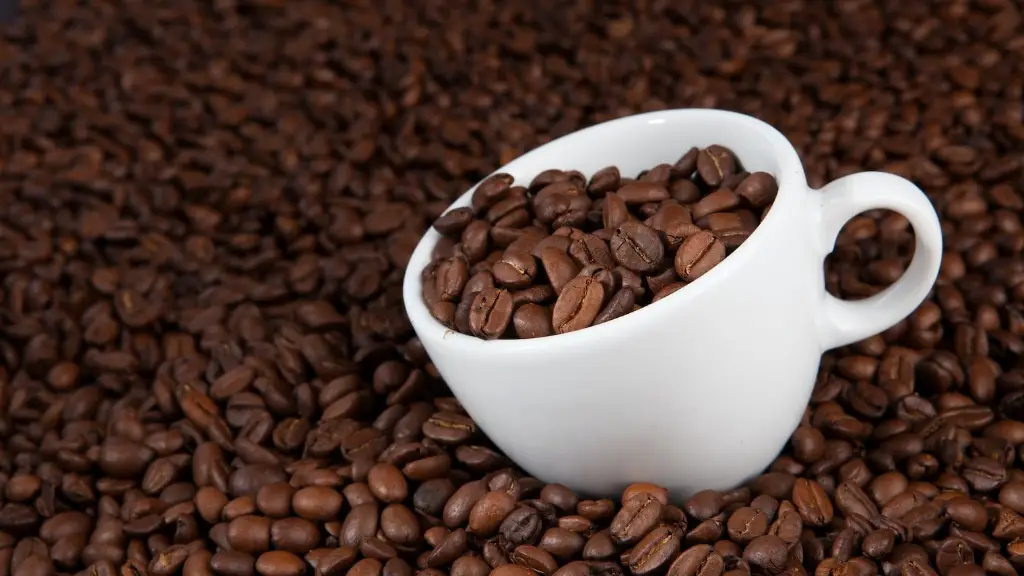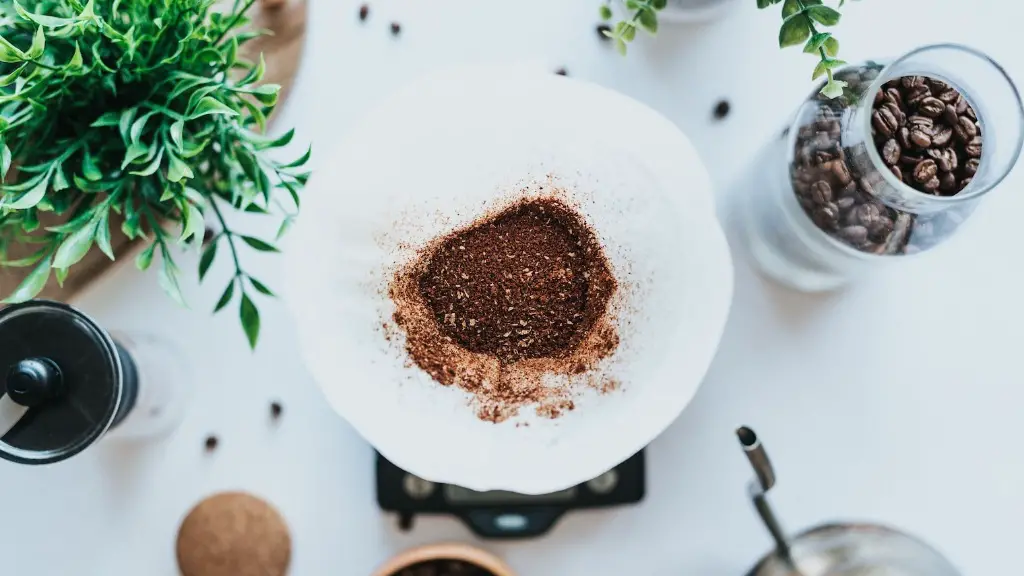Can You Drink Coffee When Having Covid?
The novel coronavirus, or COVID-19, has caused a cascade of changes in public health recommendations and lifestyle alterations. From ubiquitous face masks to widespread closures of restaurant dining rooms, an individual’s daily life can look and feel quite different these days. For many people, this includes lifestyle changes such as adjusting diet and reducing stress levels.
Naturally, questions have surfaced regarding whether certain food or beverage choices are permissible while recovering from or living with a COVID-19 infection. In particular, many are wondering: can you drink coffee when having COVID?
In the United States, the Centers for Disease Control and Prevention and World Health Organization have released recommendations for individuals with the infection. Those protocols include drinking plenty of water and other liquids to stay hydrated. However, neither organization provides specific beverage guidelines, leaving many coffee aficionados wondering if their beloved beverage is safe to consume.
Caffeine consumption has both positives and negatives when it comes to maintaining health during an illness. Moderate caffeine consumption can result in providing energy and improving focus, which can be helpful for recovering individuals who may have lost their vigor and energy levels due to the virus. On the other hand, excessive caffeine intake can have a dehydrating effect and may even contribute to depression.
The best advice is to enjoy coffee in moderation while being mindful of the effects of its acidity and caffeine on your body. Start as you normally would and be attentive to any changes that may arise. It’s important to recognize that digestion changes with illnesses, so you may find yourself needing to adjust your intake levels. Above all, seek the advice of a medical professional for any medical concerns related to your illness.
It is possible to reduce the acidity and caffeine found in coffee by purchasing options with lower concentrations or altering the brewing process. Additionally, some opt for decaffeinated coffee to avoid the potential side effects of high doses of caffeine. However, be aware that decaffeinated coffee is still acidic and not entirely free of caffeine.
Herbal Beverages
Non-coffee beverages may be a more suitable choice for coffee drinkers dealing with the effects of COVID-19. Herbal teas, such as those containing chamomile and lavender, can be beneficial for relaxation and nourishment, while the calming effects of non-caffeinated green tea have antioxidants that may strengthen the immune system. Other alternatives include chai tea and decaffeinated chicory coffee, which may make a gentler approach to enjoying a warm beverage.
For those with a milk-based beverage preference, almost any type of milk can be prepared with individual user preference. From almond milk, to oat milk, or even lactose-free milk, milk-based beverages can be a great way to get calcium and other nutrients for individuals recovering from the virus.
These caffeine-free beverages are available in a variety of flavors, from breakfast blends to herbal honey options, and may improve mood and reduce pain due to a virus. Their careful balance of vitamins, minerals, and antioxidants may also help reduce inflammation, a common symptom of many illnesses.
Safety Considerations
At the end of the day, a person’s health and safety should be at the forefront of any decision regarding diet. While most non-alcoholic beverages are generally harmless, safety precautions should be taken when considering food and drinks while under the influence of COVID-19. Individuals should maintain proper hygiene practices, such as cleaning surfaces and washing their hands before and after making food or beverages.
When returning home, packages and deliveries should be handled carefully to avoid introducing additional contaminants into the household. Store-bought beverages and drinks should be clearly labeled and never consumed beyond their expiration dates. If there is any uncertainty regarding safety, cook with caution and discard spoiled items.
It is always wise to consult a physician when dealing with a major illness like COVID-19. A physician can offer an individualized plan for recovery based on health concerns, potential allergies, medications, and pre-existing medical conditions.
Nutrition for Recovery
Once individual safety and recovery protocols have been discussed with a medical professional, it may be useful to focus on foods and beverages that actively contribute to health and wellness during recovery. Experts suggest eating and drinking foods high in vitamins and minerals, lean proteins, and healthy fats to aid in the recovery process. Certain beverages, such as green tea and anything containing antioxidants, may also be beneficial for boosting immunity.
Furthermore, it can be advantageous to aim for meals that contribute to a strong, balanced diet. If a person is finding it difficult to maintain appetite or eat nutritious meals, supplements can help to provide extra vitamins and minerals that may be lacking from traditional meals.
Sugar and Spices
When exploring flavored beverages, it is smart to stay away from options containing added sugars or artificial sweeteners. Sugar can contribute to inflammation, which can be harmful for individuals attempting to avoid long-term complications of COVID-19. Additionally, it is best to avoid added flavors that are not naturally found in the beverages, as they may contain compounds and preservatives linked to certain health risks.
For those drinking coffee during recovery, it is possible to get creative with spices by adding flavors such as turmeric and vanilla, or adding honey and coconut nectar to sweeten the cup. This can make the beverage more suitable to individual taste preferences while providing essential minerals and vitamins. Instructions for adding spices and flavorings to coffee can easily be found online.
Hydration and Lifestyle Habits
As with any illness, it is important to focus on drinking plenty of fluids to stay hydrated. This includes options such as water, herbal teas, and low-fat milk. Eating healthy snacks may also help keep energy levels balanced throughout the day. Whole grain breads, fruits and vegetables, lean proteins, and healthy fats should all be taken into consideration when planning meals.
Living a stress-free lifestyle can make all the difference for individuals affected by COVID-19. Low-impact exercise, meditation, and yoga can be beneficial for reducing stress and promoting overall health. At the end of the day, it is important to remember that recovery is not a sprint, but a journey with ups and downs. The key is to treat yourself with compassion while remaining mindful of the way that various beverages can influence your recovery process.
Coffee Alternatives
For coffee drinkers that still want to maintain their coffee habit during their recovery from COVID-19, there are many alternatives. Some of these include cold brew coffee, coffee substitutes, and espresso-based cocktails. Cold brew coffee is generally known to be lower in acidity than other coffee beverages, making it a more tolerable choice for those dealing with sensitive stomachs.
Coffee substitutes such as chicory coffee, Tibetan Tea, dandelion coffee, and other herbal beverage options contain little to no caffeine and can be just as comforting as a cup of coffee without the risk of its side effects.
For those not wanting to give up their coffee habit entirely, they may consider switching to espresso-based cocktails. Espresso-based cocktails are a combination of milk, espresso, and syrup that is usually served in moderation. Alcoholic versions of the beverage often contain spirits such as whiskey or brandy, although the strength of the beverage can be adjusted to individual preferences.
Conclusion
Overall, drinking coffee is a personal choice, and whether or not to drink it while recovering from COVID-19 is largely dependent on the individual’s health conditions and relationship with the beverage. Since no two people are alike, individuals should observe their bodies and recognize how natural beverages affect them.
Those who still wish to enjoy a cup of Joe, however, should do so responsibly by limiting intake to moderate levels and paying attention to the effects that food and beverages have on their body. Remember to consult a physician before changing any diet and lifestyle habits, especially while living with the virus.





